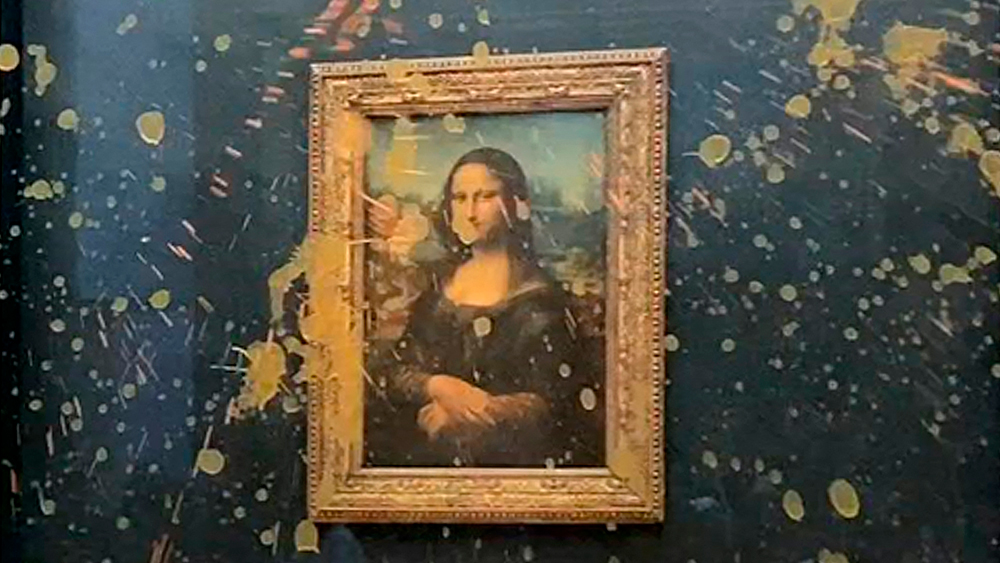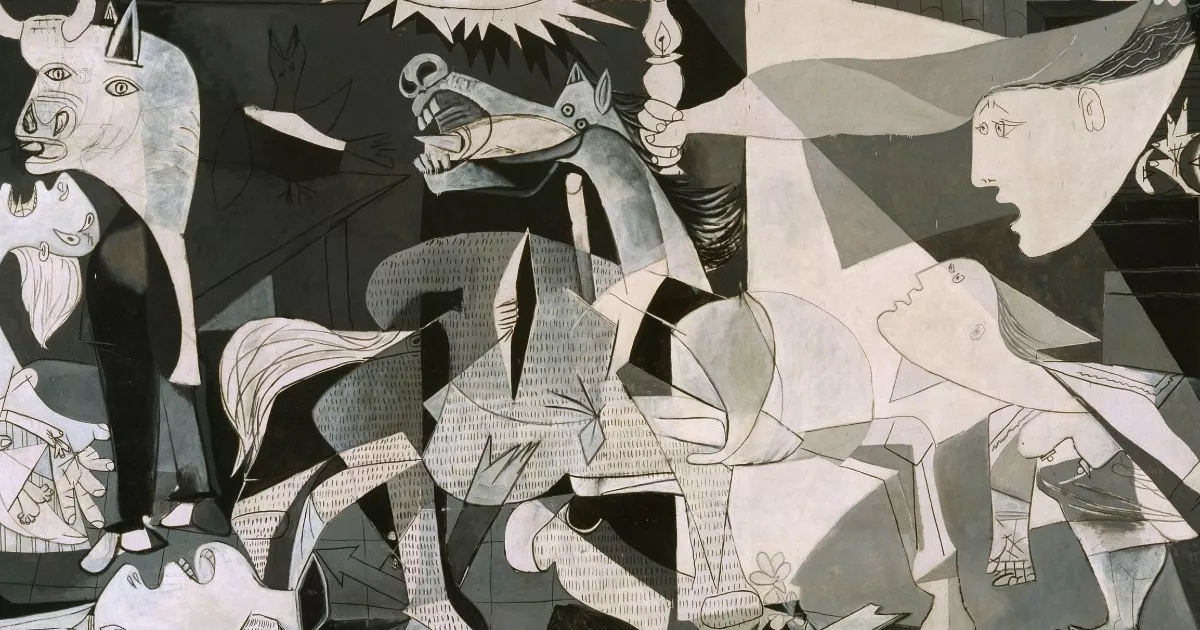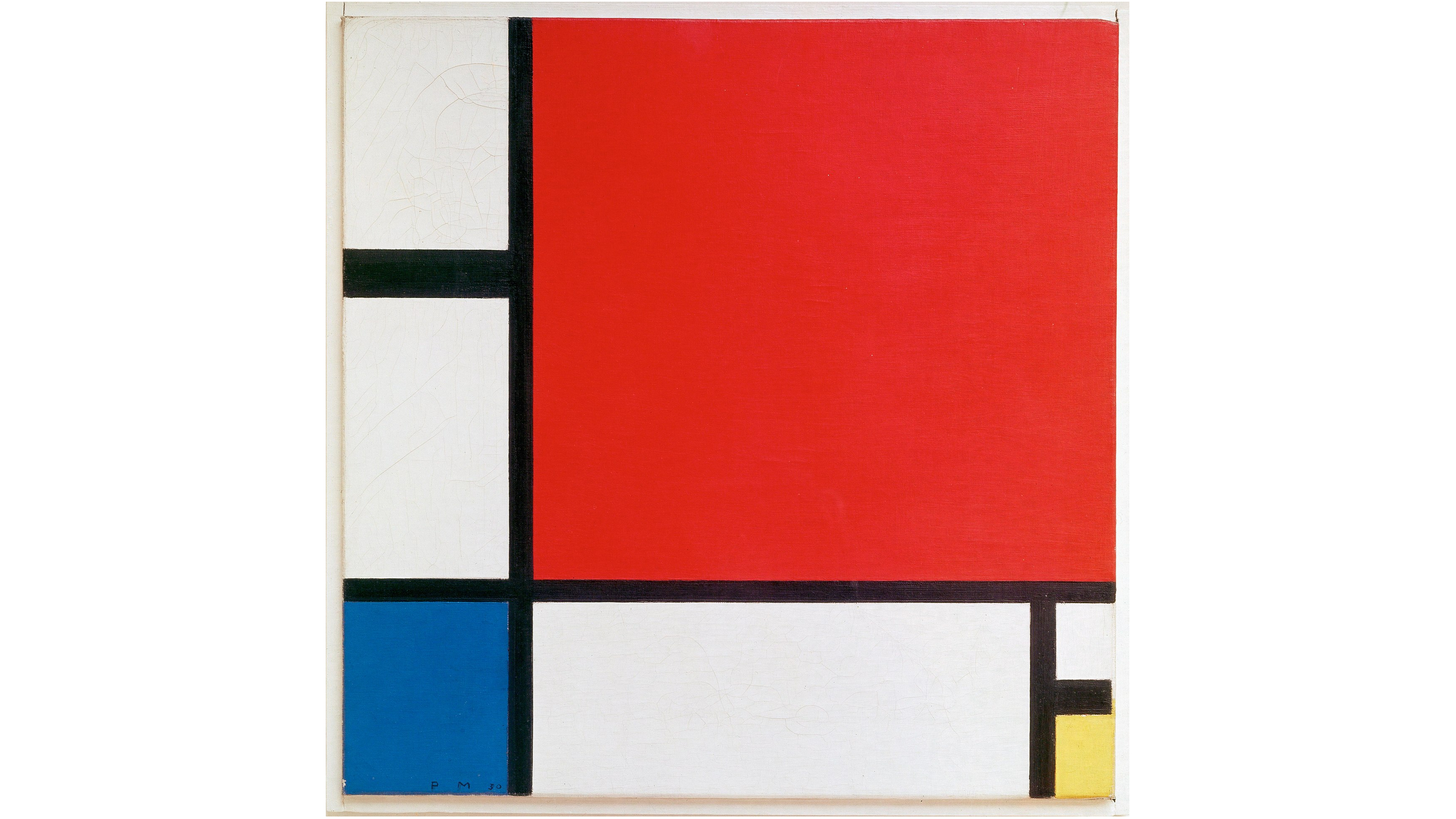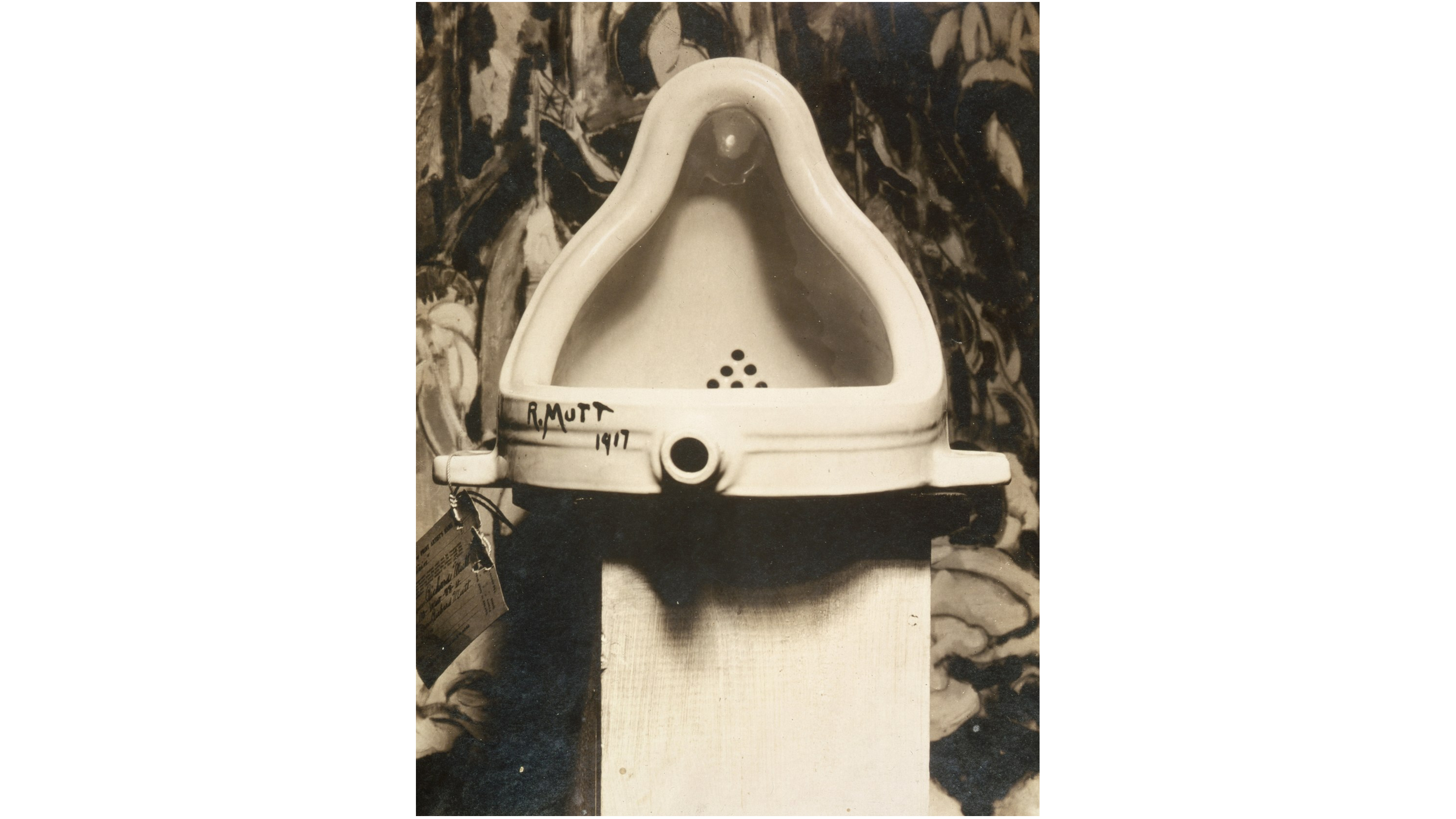
Environmental campaigners have struck again against a famous artwork at a major gallery. This time, members of Riposte Alimentaire (Food Counterattack) threw soup at the Mona Lisa, at the Louvre in Paris. The incident follows similar cases that have included mashed potatoes thrown at a Monet in Germany and oil splashed on a Klimt in Vienna.
Since Da Vinci's artwork is behind bulletproof glass, it wasn't damaged in the incident. Indeed, many environmentalists have intentionally targeted high-profile works that they know are well protected and won't suffer damage. However, that's not always been the case.
Over the years, people have attacked artworks for different reasons, sometimes due to mental illness but also often as a form or protest or even with the intention of creating a new work of art. There are big questions about whether the vandalism of a piece of art can even be art itself, or whether it's an effective way to draw attention to a serious issue or merely alienates potential sympathisers, but it's hard to deny that it gets attention After all, here we are talking about it. Here are seven times that artworks have been attacked either for protest or for the sake of art.
For your own work, see our pick of the best art supplies for painting.
01. The Mona Lisa

The recent incident at the Louvre was by no means the first. The Mona Lisa is one of the most famous paintings in the world, so it's perhaps natural that it's also one of the pieces that has been most attacked.
Poor Lisa Giocondo was doused with acid and hit with a rock in 1956 and attacked with spray paint in 1974. The latter attack, largely unsuccessful, took place when the painting was on tour at the National Museum in Tokyo in 1974 and was a protest at crowd control measures that disability activists saw as discriminatory. The culprit was fined but the museum did set aside a day for disabled visitors as a result.
More recently, in 2009, a Russian woman threw a teacup from the Louvre's own shop at the painting after she was denied denied French citizenship. And, in 2022, an environmental campaigner smeared the Mona Lisa with cake. Yes, there's good reason for that bulletproof glass.
02. Van Gogh's sunflowers

Another recent attack carried out by environmental protesters targeted Vincent van Gogh’s Sunflowers at the National Gallery in London during Frieze Week 2022. Again, soup was the weapon of choice and the painting was unharmed since it is protected by glass. The protesters from Just Stop Oil said they had chosen the painting because of that protection.
03. Picasso’s Guernica

Many of the most recent cases of artworks being attacked involved environmental protests. However, paintings have been targeted in protest at a wide range of issues over the years.
Tony Shafrazi, who was an early dealer of art by Keith Haring and Jean-Michel Basquiat, spray painted “KILL LIES ALL” on Picasso’s Guernica while it was on long-term loan at the Museum of Modern Art in New York. The act was intended as a protest against the release of William Caley, who had been convicted over the My Lai massacre during the Vietnam War. The painting did not suffer permanent damage thanks to its thick coating of varnish.
04. Mondrian's Composition with Red, White and Blue

One of the most bizarre cases of art vandalism involved not soup or paint but vomit. In 1996, the Canadian art student Jubal Brown threw up over Piet Mondrian's Composition in Red, White and Blue at the Museum of Modern Art in New York, claiming that the work was so 'lifeless' it had made him sick.
At least he respected the title of Mondrian's piece. Before making himself sick, he ate blue cake icing and blue Jell-O to ensure his vomit was a bright blue colour. And it turned out that he had form. He had previously spewed red vomit over a Raoul Dufy painting at a gallery in Toronto. He apparently planned a third work in yellow, but thought better of it.
Brown later said that he had done it to subvert bourgeois culture. "I go into a gallery with my stomach full of a particular colour and whatever inspires me inspires me," he was quoted as saying. "It's very simple and direct."
05. The White Cross

It's not clear whether Brown considered his vomiting to be art, but there have been plenty of cases of artists vandalising, or 'creating a dialogue with', other artist's work to create what they considered to be a fresh work of art.
In 1997, the performance artist Alexander Brener scrawled a green dollar sign on Kazimir Malevich‘s The White Cross. He was sentenced to five months in prison as a result. in his defence, Brener said: "The cross is a symbol of suffering, the dollar sign a symbol of trade and merchandise. What I did was not against the painting. I view my act as a dialogue with Malevich. The painting was restored.
06. Duchamp's Fountain

Vomit is not the only bodily fluid to have been used in attacks on works of art. in 1993, French performance artist Pierre Pinoncelli urinated in Marcel Duchamp’s famed Fountain. To be fair, the work is a urinal, so it was perhaps inevitable that someone would try. In fact, Brian Eno also claims to have taken a leak in Duchamp's readymade. However, Pinoncelli also took a hammer to the piece, earning himself a month in jail and a fine. Not deterred, he tried again at the Centre Pompidou in 2006, chipping the urinal, I mean Fountain, which required restoration work.
07. David Hammons' How Ya Like Me Now?
Some artists have even embraced attacks against their work. David Hammons' How Ya Like Me Now? is a portrait of the Black politician Jesse Jackson but with white skin that the artist intended to challenge race perceptions. However, the large piece was attacked with sledgehammers when it was on display in Washington in 1989, apparently by people who misunderstood the artists' intention.
After it was repaired, Hammons, decided to include sledgehammers as part of the piece, placing them on the ground around it. Hammon perhaps sympathised with the attackers having 'intervened' with other artists' work himself in the past. He urinated on Richard Serra's sculpture T.W.C to create a series of photos named "Pissed Off".
See our pick of the best street art.







